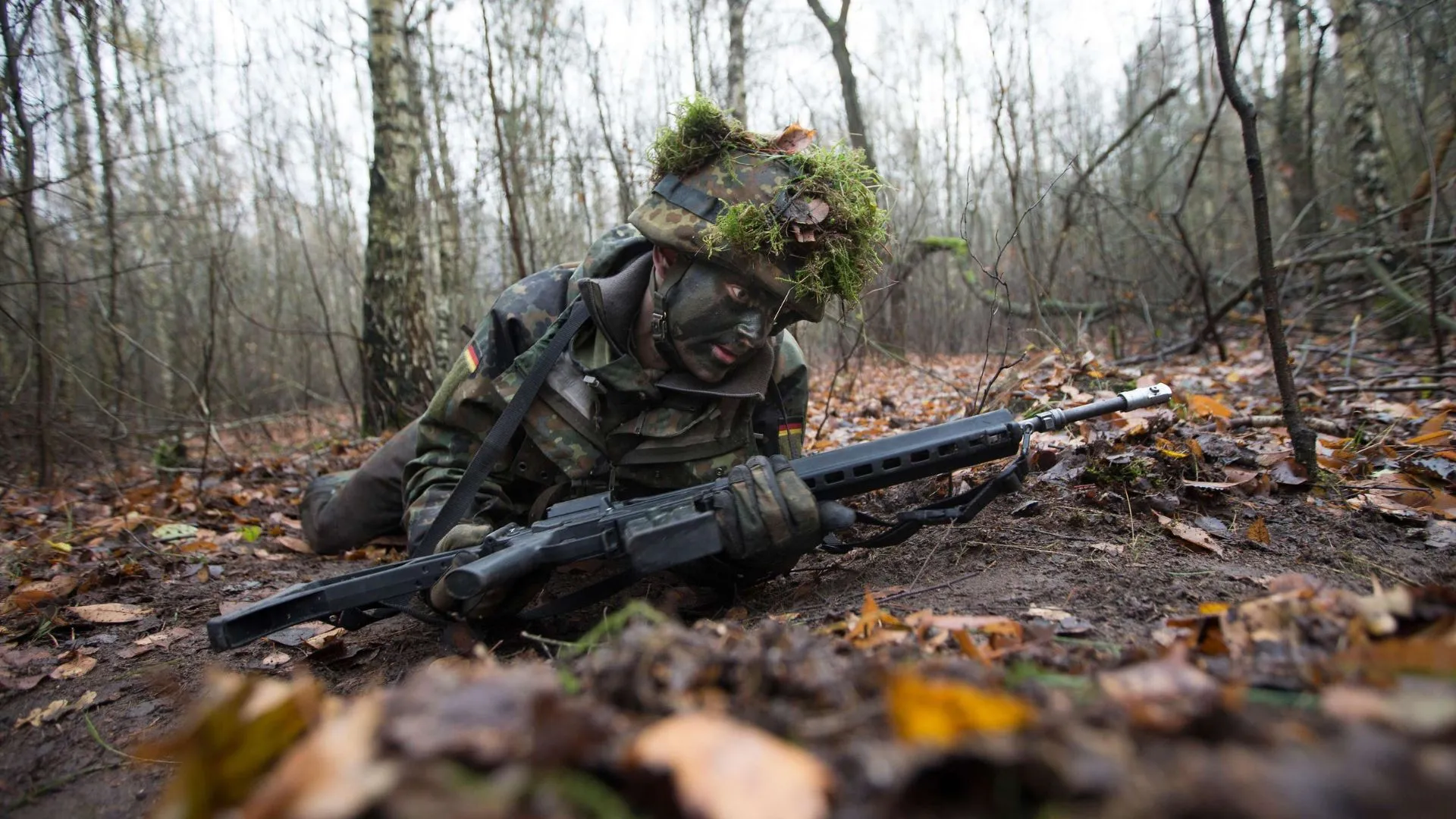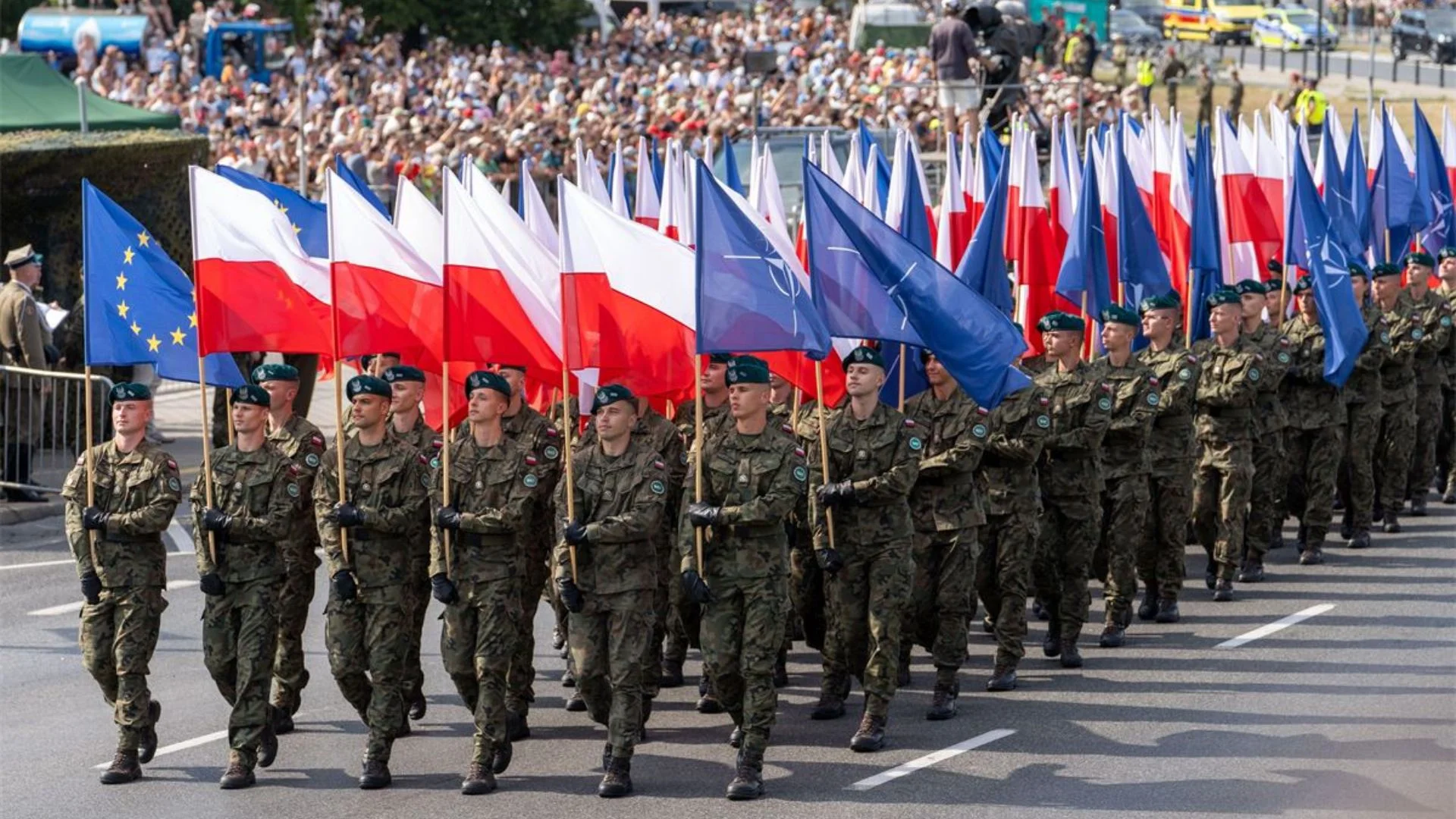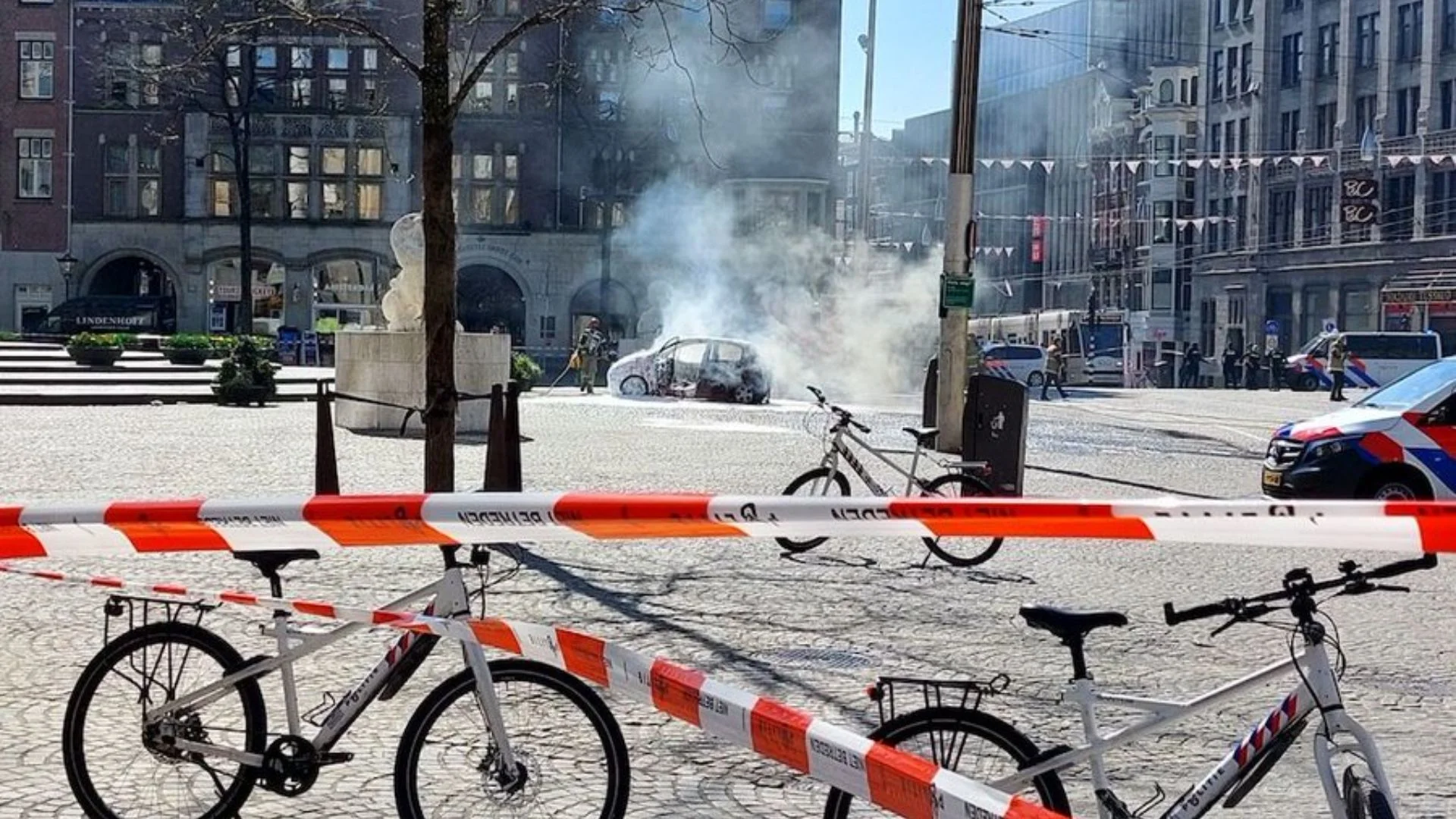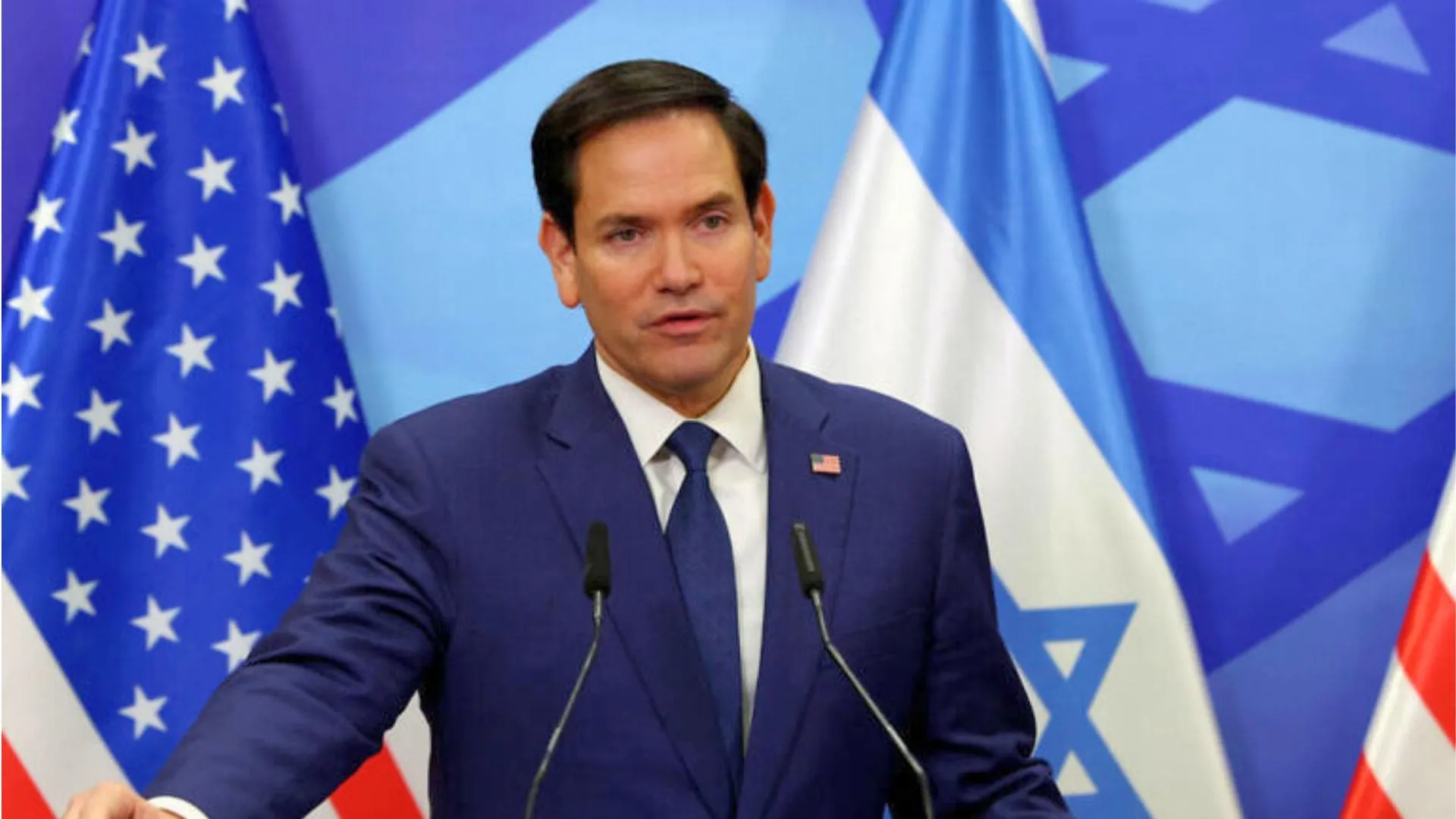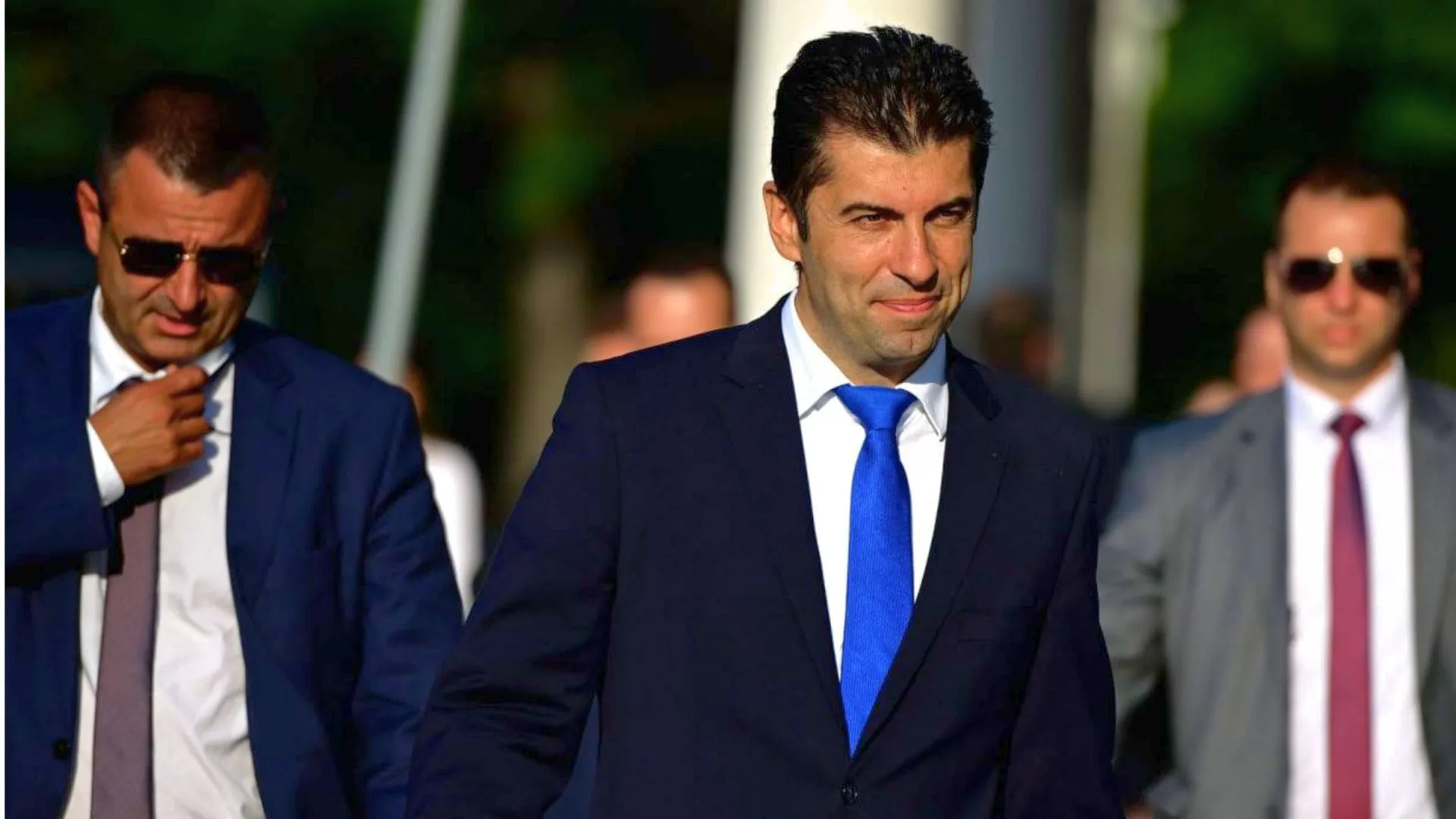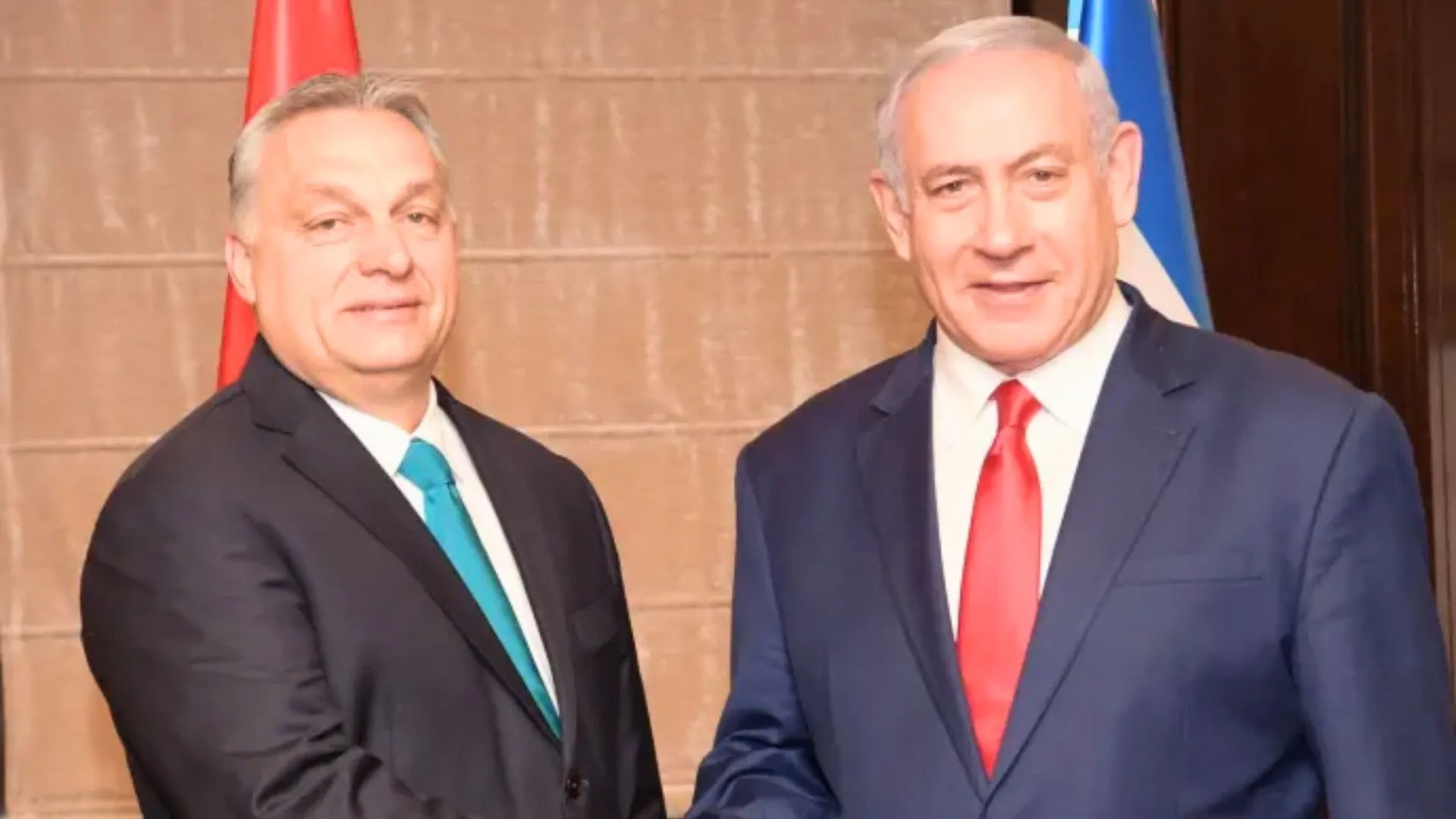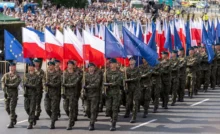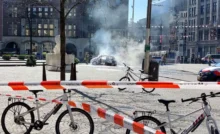Germany’s military, the Bundeswehr, continues intense training exercises, with missile launchers firing across fields. In the small town of Munster, constant explosions have become routine. However, the noise is set to increase as Germany boosts its defense budget.
Urgency Behind the Decision
Germany’s top general, Carsten Breuer, emphasized the need for rapid military strengthening. He warned that Russia posed a direct threat and NATO should prepare for a possible attack within four years. He stressed that Germany must act swiftly, as the timeline depended on Russian President Vladimir Putin.
A Shift in Military Strategy
For decades, Germany prioritized diplomacy over military expansion, largely due to its historical role in global conflicts. Former Chancellor Angela Merkel promoted economic ties with Russia, assuming trade could encourage democracy. However, Russia proceeded with its invasion of Ukraine, proving this approach ineffective.
The Turning Point
In response to Russia’s invasion in 2022, Chancellor Olaf Scholz committed €100 billion to strengthen the military. However, General Breuer stated this amount only addressed immediate gaps, while Russia continued heavy investments in weapons and cyber warfare. He highlighted unidentified drones and cyberattacks as ongoing security threats.
Challenges Within the Bundeswehr
A parliamentary report revealed severe shortages in ammunition, soldiers, and infrastructure. Armed forces commissioner Eva Högl estimated that barracks alone needed €67 billion in renovations. To address these deficits, parliament lifted debt limits, allowing unrestricted borrowing for defense.
Political and Public Support for Defense Growth
The decision to boost military spending gained momentum after elections. Surveys indicated that 79% of Germans viewed Putin as a significant threat to European security. Additionally, 74% expressed similar concerns about former U.S. President Donald Trump after his vice president’s speech criticizing European values.
Changing Public Perception
Germany’s traditionally cautious stance on militarization has started to shift. Young citizens, such as Charlotte Kreft, noted that previous generations believed demilitarization was a way to prevent future conflicts. However, she acknowledged the necessity of defense investments to protect democracy and freedom. Others expressed concern over military expansion but recognized the need for security.
Expanding Military Recruitment
Despite increased funding, the Bundeswehr struggles with recruitment. It missed its target of adding 20,000 troops and reducing the average soldier’s age. General Breuer suggested that Germany needed 100,000 additional troops to secure NATO’s eastern flank. He believed reinstating some form of conscription was essential.
A Wake-Up Call for Germany
General Breuer actively promotes military readiness, often asking audiences if they are “ready for war.” He recalled an instance where a woman accused him of fearmongering, to which he responded that the real threat was Putin. He emphasized that Germany could no longer ignore the reality of global security challenges.


